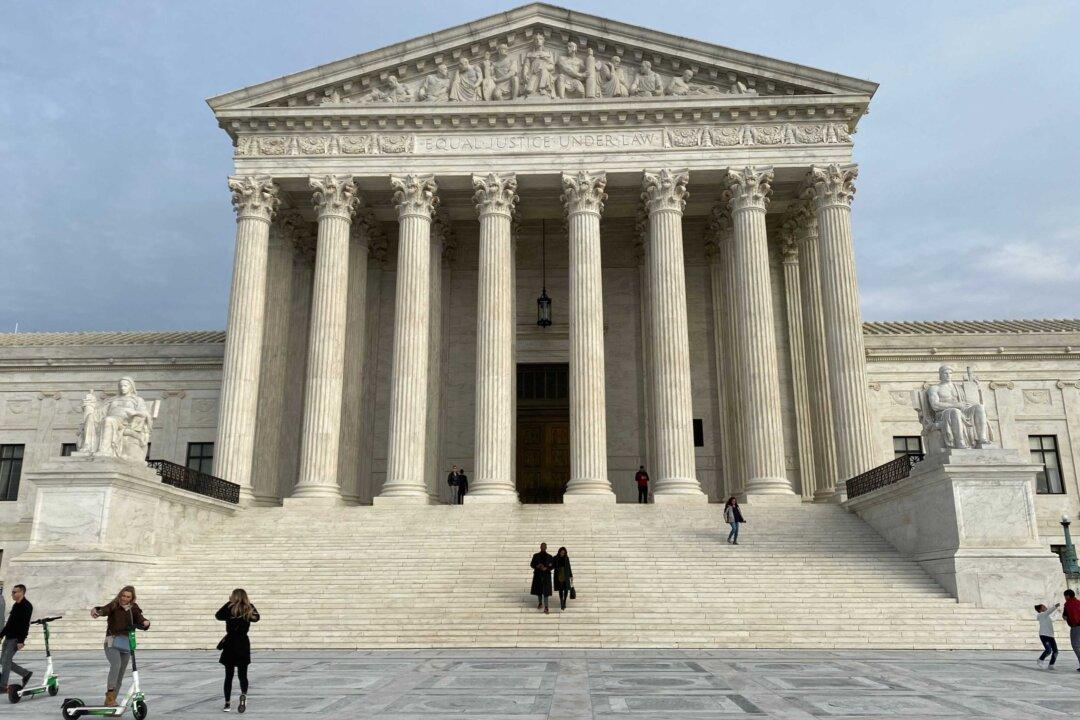Commentary
Americans’ constitutional rights aren’t luxuries to be thrown away in times of crisis. They are central to our economic and social system and key to our success. To discard them is to cut our own throats.

Americans’ constitutional rights aren’t luxuries to be thrown away in times of crisis. They are central to our economic and social system and key to our success. To discard them is to cut our own throats.